
Chapter 5
Gamechanger for Traders
Increased Access to Capital for Retail Traders
Earlier, we illustrated how daily forex turnover has exploded since the 2007/08 financial crisis. We also discussed how banks and other large financial institutions were forced to scale back prop trading activities, opening the way for specialized trade firms to seize the moment. Additionally, we discussed that in the evolution of the boutique prop firm business, players like FTMO, SurgeTrader, FX2 Funding, Audacity Capital, and many others have revolutionized proprietary trading. But precisely what have they done to change the game and build a pathway to profits for retail traders across the globe?

First, prop firms have availed unmatched capital to retail traders. Forex is a highly volatile, and traders with small capitalization accounts cannot survive the wild fluctuations. Traders require deeper liquidity to ride negative price action and profit from positive price action. With prop firms availing access to larger capital, traders can take larger position sizes in the market, enabling them to take on more risk.
Remote Trading Opportunities for Global Retail Traders
Second, prop firms allow traders to operate their accounts remotely. One defining characteristic of the legacy proprietary trading ecosystem was traders working at a bank's trading desk. Others were stationed on an exchange's trading floor, shouting themselves hoarse to place orders. Prop firms introduced remote access, giving traders worldwide an equal chance to profit from the global financial market.

Lucrative Profit-Sharing Mechanisms
Third, prop firms implement mouth-watering profit-sharing mechanisms. Most prop firms agree to share up to 90% of the generated capital with the trader. Some popular firms, like FX2 Funding, offer an 85% profit split, which is quite competitive. On the contrary, legacy proprietary trading firms, such as banks, employ traders on salary terms and perhaps commissions as incentives. This means traders could not extract maximum benefit when their strategies beat the market.
Educational Support and Training Programs
Fourth, many prop firms provide educational materials for their traders. Some even present the courses as premium products, adding to their revenue generation sources. The training and educational programs and materials make traders better professionals, which improves their productivity and competitiveness. In addition, these materials and programs teach the details of trading and how to deploy different strategies effectively.
Diverse Range of Payment Service Providers
Fifth, most prop firms support a diverse range of payment service providers. Traders can transact via traditional avenues like bank and wire transfers, as well as novel services like cryptocurrency. The firms' openness to crypto defines a new era of radical innovation and the willingness to transition to new economic systems. Retail traders are the ultimate winners because they have unlimited pathways to profit, and the barrier to entry is almost nonexistent.
You have completed chapter 5 of 10. Please answer the question below to continue to the next chapter.
I prefer to continue without answering

Ready to get funded?
Check out FX2 Funding's selection of the industry's simplest, most straightforward funded account programs.
Get Funded